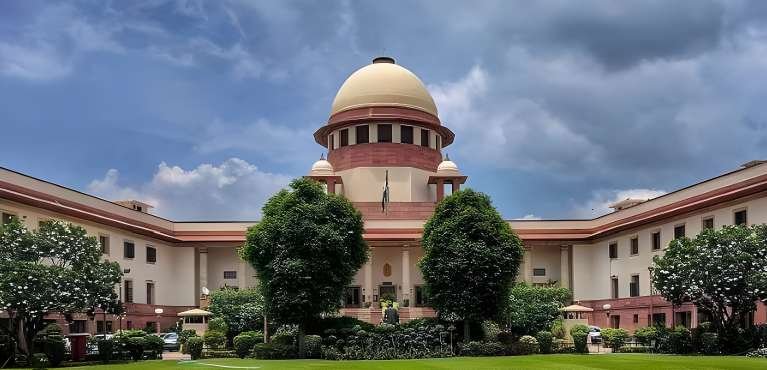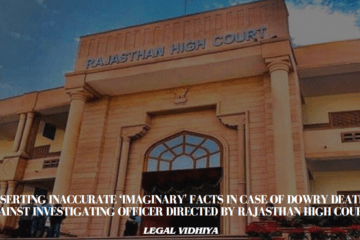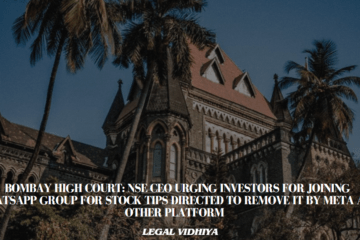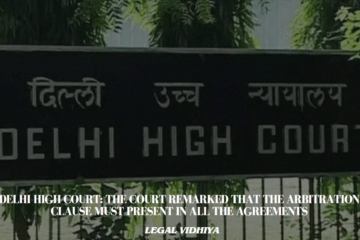
The Bar Council of India (BCI) is within its rights to deny them permission for enrolling, which is a need for practicing as an advocate. The Supreme Court has held that law graduates who graduate from unrecognized law institutions have no right to be registered as attorneys.
The Orissa High Court’s judgement from September 21, 2012, which took a different stance and ordered the regulator to enroll a candidate named Rabi Sahu as an advocate despite the fact that he graduated from an unrecognized law college in the state, was challenged in the appeal by the BCI, which led to the court’s decision.
The bench issued the most recent ruling by throwing aside the high court order after hearing the BCI’s arguments. In 2009 Sahu graduate with a law degree from Vivekananda Law College in Angul. The BCI does not acknowledge or accredit the college.
According to the BCI, it had instructed Vivekananda legal College not to accept students to legal studies in a letter dated January 5, 2002, indicating that students so admitted would not be eligible for admission as advocates.
In a letter to the Orissa State Bar Council on February 28, 2011, the BCI reiterated this point once more. As a result, Sahu’s application for enrolment as an advocate was denied by the Orissa State Bar Council in a letter dated May 4, 2011.
According to Section 24(1)€, State Bar Councils must charge 600 and 150 by BCI by bank draught. A Scheduled Caste or Scheduled Tribe community member can join the State Bar Councils and the BCI for just $100 and $25, respectively.
“This is a serious problem ,The court noted that the petitioner claims that the salary is 42,000 in Odisha and 21,000 in Kerala, which “denies the opportunity to aspirant young people who lack the resources.”
Written By- Aditya Singh, College Name- Army Law College, Pune, Semester- 2nd Semester Student an Intern under Legal Vidhya





0 Comments